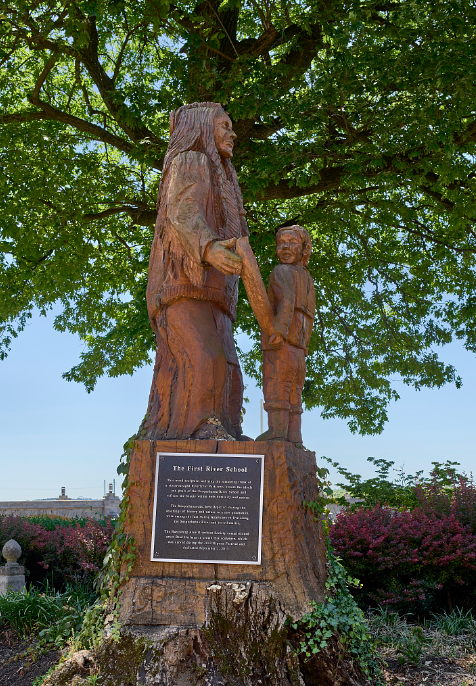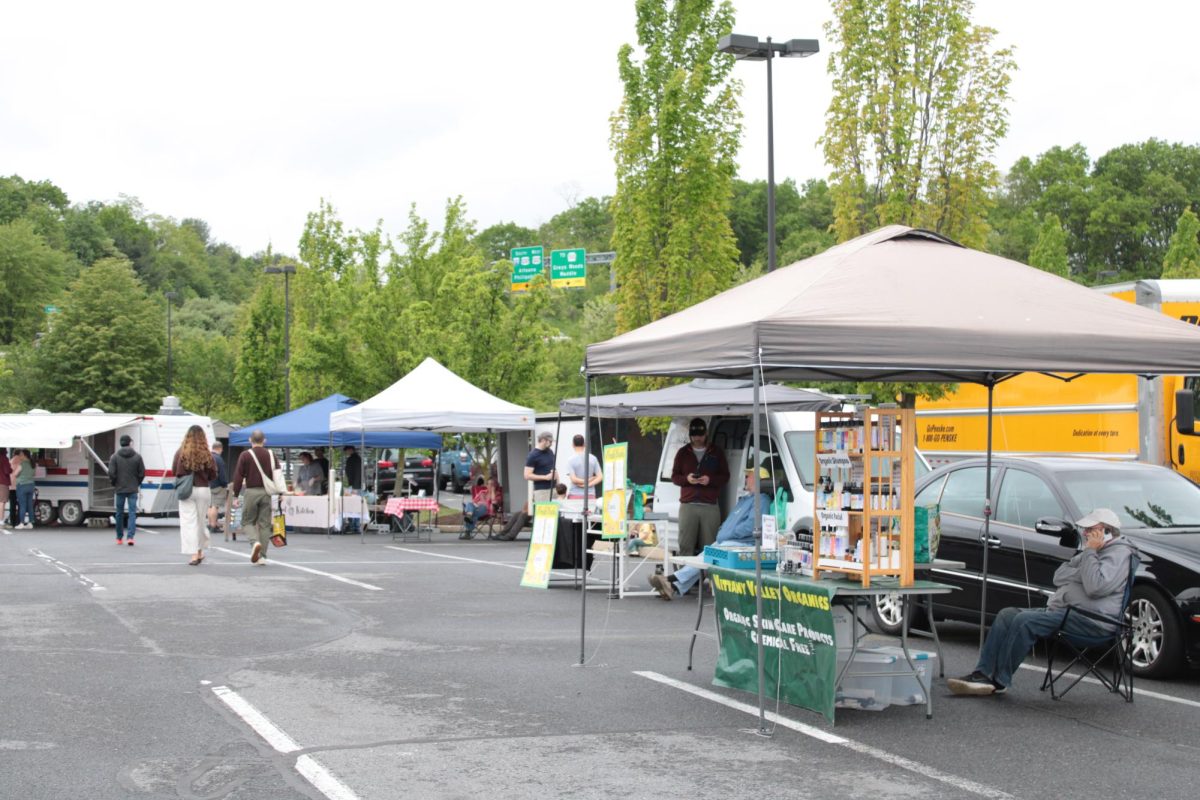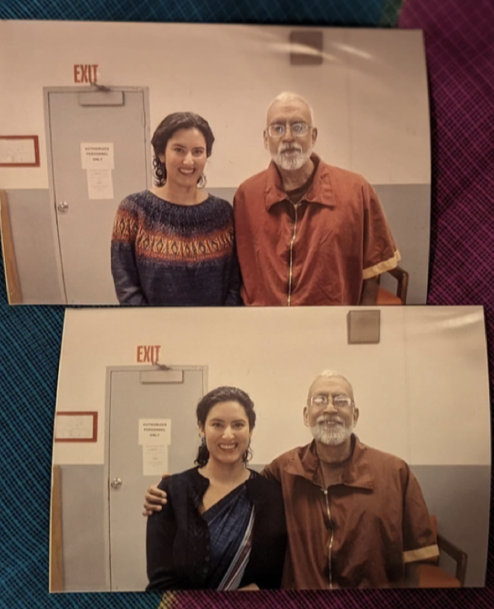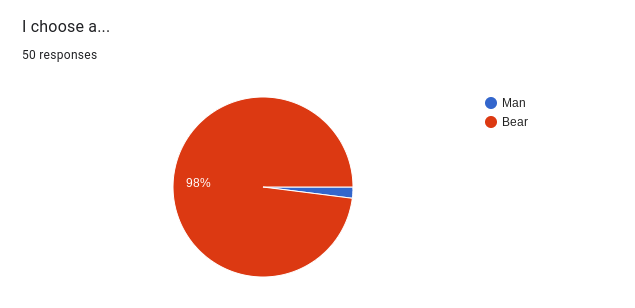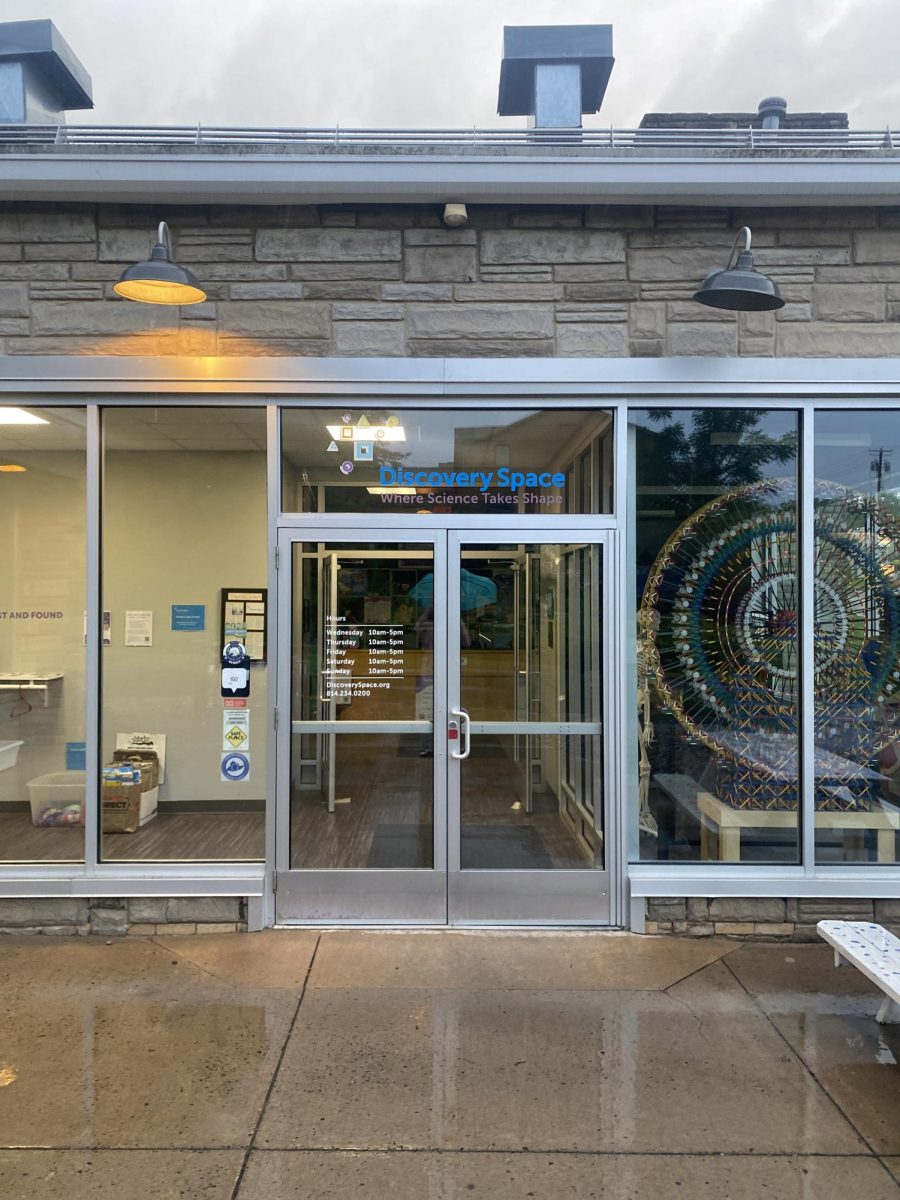Political injustice has taken many forms in the saga of human civilization. For a myriad of reasons, and in a variety of contexts — from the Jewish diaspora of the first millennium to the ongoing brutality against the Uyghur Muslims in China — the story of man’s inhumanity to man has grown longer with each passing century.
A fairly recent entry in this bitter catalog is the relocation, removal and extermination of Native Americans by the United States. The first recorded human inhabitants of the nation’s territory, Native Americans stewarded these lands for some 800 years before their European neighbors usurped it during the 17th century, whereupon through an intersection of disease, murder, famine and war, their people were nearly expunged from the continent.
In the years succeeding the Indian Removal, feelings toward their treatment have changed significantly for the better. No longer the subject of institutionalized inhumanity, they’ve been slowly repaid for their forced contributions to the American Experiment, and the impunity of their fellow citizens has mostly been redirected to other racial groups. But although their condition in the Americas has risen immeasurably in the 2 centuries since the Pilgrims’ voyage, and the history of their plight taught in schools the nation over, comparatively little has been done to raise awareness of the “Indian” story, and save for the occasional canonization in various media, and an appearance in the thoroughly edited Thanksgiving tale, the full extent of injustice committed against this demographic remains widely unrecognized.
It is for these reasons that students received the decision to include an acknowledgement to a Native American tribe with near unanimous enthusiasm. But the execution of said acknowledgment, though well-intentioned, raises questions regarding the nature of reparations for injustice, and the impact that it has on the communities—majority and minority—affected.
The announcement reads thusly:
“Our high school is within the traditional homelands of the people who lived in what is now Central Pennsylvania for millennia. We thank the Susquehannock for taking good care of these lands for centuries so that we can use them today for the purpose of education.”
It was adapted from the Penn State Land Acknowledgement by Prithvi Narayanan, and was approved by Student Government.
Brennan Sitzabee, a caucasian junior at State High and former member of the swimming team, gave his opinion on the issue from the perspective of a racial majority. Though he prefaced his statement by conceding that he supported the basic motive for the addition, stating that it’s imperative that we remember these events and make efforts to atone for them, he admitted that the way that it’s worded confuses him.
“It feels weird to thank a group of people who relinquished their holdings forcibly, [because of] a decision that we weren’t responsible for,” Sitzabee said.
Therein lies the basic sticking point with this issue. Few people refute the importance of Native American acknowledgements; most interviewed voiced unequivocal support, and stood firmly against its removal. Their qualms, it seemed, lay not in the existence of the statement, but the feeling that its wording is, for lack of a better word, a bit backhanded.
Aiysha Watson, an African and Indian/American sophomore, weighed in to expatiate on this problem.
“I think it’s good that things like this are being said; for years we’ve used this land and never stopped to think about who owned it before we did. But it feels a little bit empty to thank them 200 years after we took it, when it was never supposed to be ours to begin with,” Watson said.
So where does this leave us? On one front, the announcement makes sense. Indigenous people are the original Americans. This land was theirs before white people knew of its existence, and in the struggle to create the nation now here, they paid a dire cost.
But the truth remains that the choice wasn’t theirs. Natives didn’t steward this continent for years for a cadre of scurvy-ridden pilgrims in the 1600s to usurp; it was taken. As Sitzabee observed, they relinquished it by force, not by the kindness of their own hearts. Thanking the indigenous for taking care of this soil is nearly as absurd as thanking African Americans for their ancestors bearing an industry on their shoulders for a century. If anything, we don’t owe them a thank-you; we owe them an apology.
Nor is the position of the people airing this announcement enviable. WSCH did not propose this acknowledgment. They didn’t choose the words written in the announcement. They didn’t vote to put it in their show, and none of the team are members of the group it concerns; yet they bear the responsibility for airing it. This isn’t an easy decision to make for any party involved.
Ultimately, the responsibility falls upon each one of us. Minorities should not be held responsible for their own representation, nor should those representing them have to infer how to go about representation properly. Hopefully, by communicating between groups, and creating open, schoolwide discussion of these matters, we can improve the way that we address injustices in our communities, and make State High a more inclusive place for everyone.


